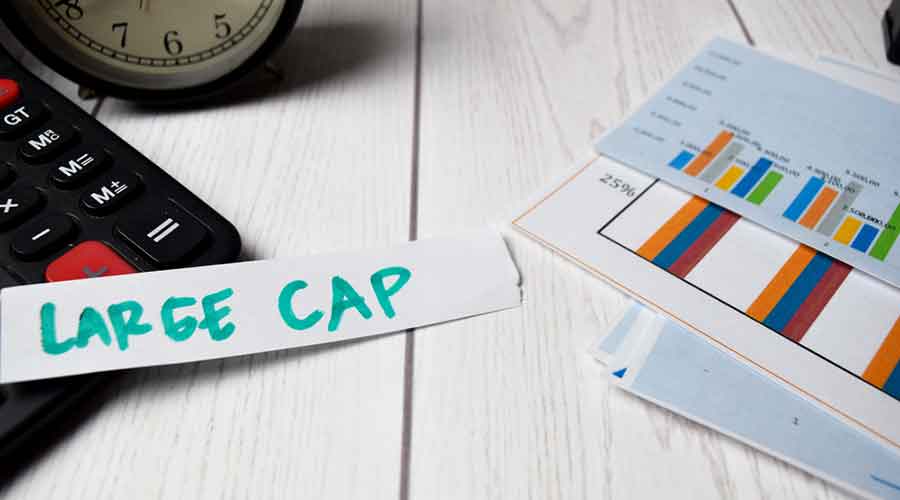Bond investors are a worried lot as loose monetary policies followed by central bankers around the world during the last decade along with fiscal stimulus programmes has created inflationary pressures and dip in stock market prices. Investors in developed countries are afraid that their central banks will sooner or later cut back on the bond purchases and start increasing interest rates. This can be seen recently when one looks around and checks what’s happening to the prices of crude oil and industrial commodities like copper, iron ore, aluminium, etc. Bond yields going up should mean that stock prices should come down. Generally, equity is valued when investors add the equity risk premium they seek to a risk-free rate to compute the expected rate of return. Normally, most of the analysts use the easiest way to estimate the risk-free rate is to default it to the long government bond yield and that is why long duration bond yields matter so much to equities. Given that theoretically the long duration bond yield is the risk-free rate, a higher bond yield is bad for equities and vice versa. Portfolio fund managers argue that long term bond yields reflect the growth and inflation mix in the economy. If the growth is strong and inflation is higher, bond yields usually rise. The gap between real GDP growth and the 10-year bond yield correlates well with stock prices and as expected, if economic growth accelerates in the coming months faster than the rise in bond yields, then investors need not be too worried of the share prices.

From an Indian market perspective, bond yields have risen from 5.90% to 6.22% in the last one month on the back of rising inflation and higher government borrowing. Some stock market analysts are not worried too much as they expect it to be volatile in the month of March being the last month of the financial year, also on the back of advance taxes, year-end profit booking, planning for taxes, etc. They expect bond yields to come in control next month when the Q4 FY21 earnings season kicks in and corporate results unfold. The quarterly results are going to be generally fantastic and stock market indices should reclaim the earlier higher levels. Portfolio investors can buy large cap company stocks now and sell end April for short term trade profits.
Rajiv Kapoor is a share broker, certified mutual fund expert and MDRT insurance agent.

